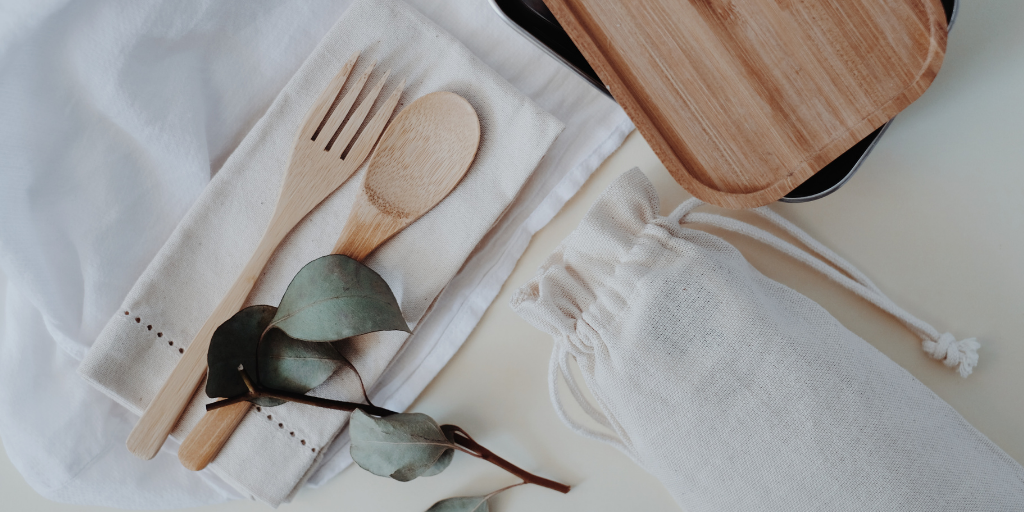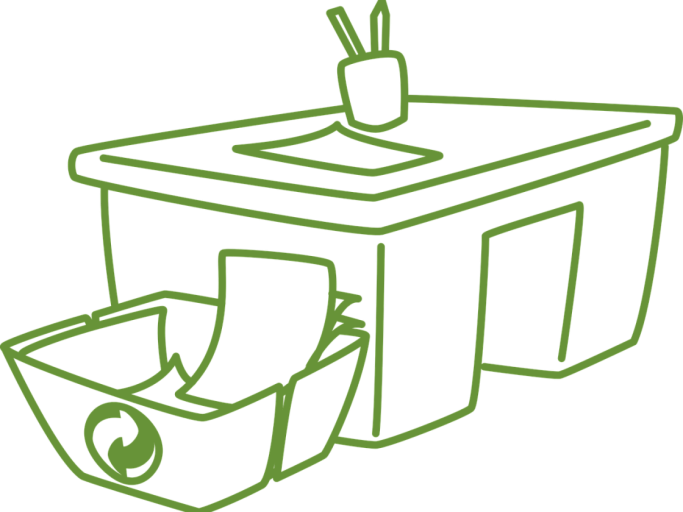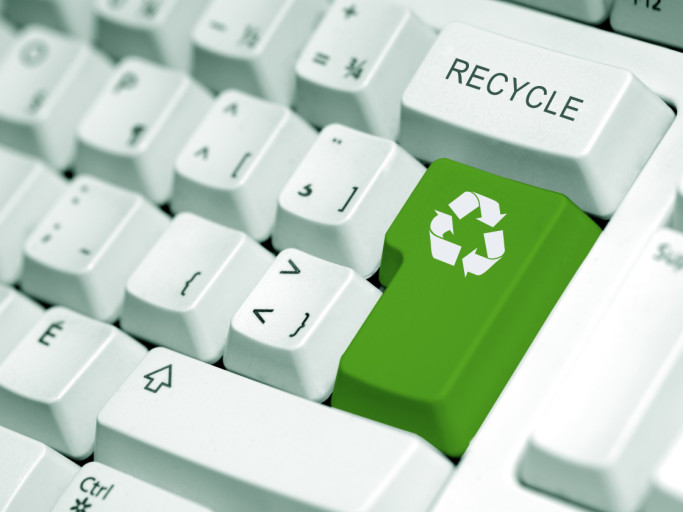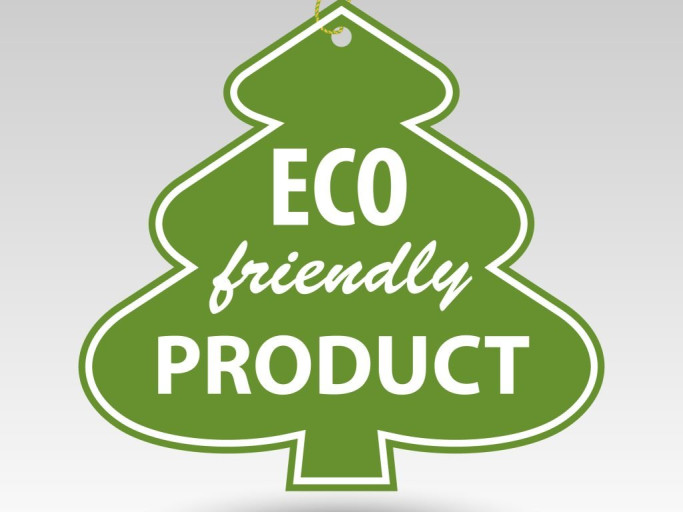5 Tips for Buying Eco-Friendly
29th August 2018 in Green

Don't harm the environment when shopping, learn the benefits of buying eco-friendly by considering these 5 tips when next browsing...
1. Buy in bulk...
In most cases when you buy in bulk, suppliers are happy to lower the price typically making it less expensive per unit. It also means for the customer they waste less time sourcing the products, reordering and then waiting for delivery which all require energy resources and have an environmental impact. By buying in bulk you reduce wasteful packaging compared to individually wrapped items. If everyone was to start buying in bulk, we'd save enough packaging waste to eliminate 1 million fewer bin lorry trips to the landfill per year. Some packaging can release chemical components which are harmful to the environment and wildlife.
2. Buy recycled…
Choose products made of recycled materials, and create a healthy market for the materials we recycle at home and work. So, buying recycled is a key part of the recycling “loop.” You may be surprised to learn that you have been buying recycled products for years! Most cereal boxes, aluminium and steel cans, and glass bottles have recycled content. Not only does buying recycled products conserve energy from manufacturing, it conserves natural resources. Natural resources are limited and extracting them from the earth is difficult as well as harmful to the earth. When products are made from recycled materials, manufacturers are using every tree, every gallon of oil, every pound of minerals to its maximum potential. If we use something just once and throw it away, we are wasting those resources.
3. Go reusable...
Recycling is the process of breaking products down, making a new copy or producing an entirely different product. This is an important step in protecting our earth but what about if the product being recycled is still usable? Reusing is changing the owner or the way we use products, prolonging the items life and retaining the value and energy embodied within it for longer. You can enable reuse by purchasing durable goods and investing in reusable everyday items such as reusable water bottles and coffee cups.
4. Buy local...
Buying locally significantly reduces environmental impact. Purchasing local businesses/supplier produce requires less transportation as well as investing in your own community and economy. Research on spending by local authorities shows that for every £1 spent within a local business, 63p stayed in the local economy, compared to 40p with a larger, worldwide business.
5. Buy biodegradable...
When a product eventually comes to the end of its life span, ideally you want to be put it back on the earth and let nature do its thing and decompose. Landfills show us that this isn’t the case, with products filling up the already congested space with unwanted, one-use items that take up to 1000 years to decompose. The ability of a product to be broken down by microbes and other biological factors is what makes it biodegradable. For a product to be considered “biodegradable,” it must be able to break down into organic matter. By choosing to consciously shop for biodegradable packaging and goods, you can rest assured knowing that the waste you produce won’t cause harm to the environment and won’t be sitting in a landfill for years to come! . .
Strengthen your brand perception with promotional products
Chat online or call us today on 0116 366 0052
More Articles

7 Non-Recyclable Items That Will Surprise You
10th August 2018 in Advice

How to Make Your Office More Eco-Friendly
15th August 2018 in Green

Importance of eco-friendly promotional products
19th July 2019 in Green

Growing Your Business Using Eco-Friendly Products
3rd August 2018 in Branding Advice
